PI Name & Affiliation:
Dr. A. Raja Annamalai
Professor,
Centre for Innovative Manufacturing
Research
Co-PI Name & Affiliation:
Dr. C. Pandivelan
Professor
School of Mechanical Engineering
Dr. Anoj Giri
Assistant Professor,
School of Mechanical Engineering
Dr. Ashish Kumar
Assistant Professor,
School of Mechanical Engineering
Dr. Devendranath Ramkumar
Professor and Dean
School of Mechanical Engineering
Dr. R. Vasudevan
Professor
School of Mechanical Engineering
Funding Agency: Department of Science and Technology
Scheme: Fund for Improvement of S&T Infrastructure (FIST)
Sanctioned Amount :Rs. 92,00,000
Duration of the Project: 5 Years
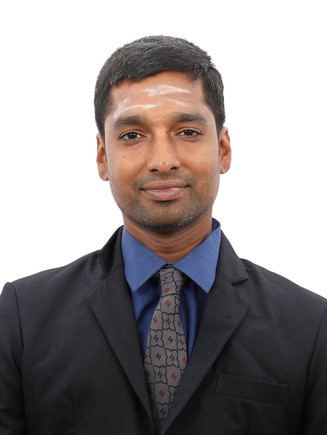
Dr. A. Raja Annamalai
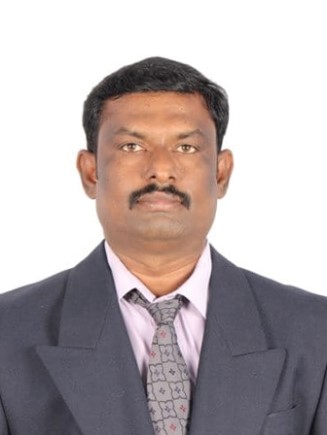
Dr. C. Pandivelan
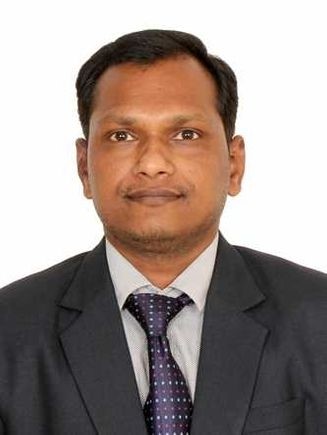
Dr. Anoj Giri
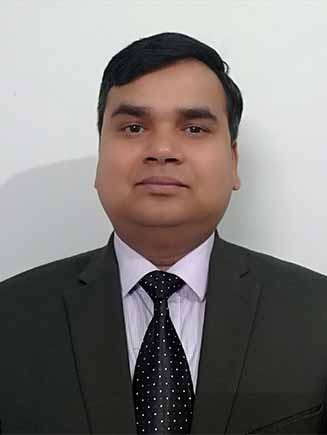
Dr. Ashish Kumar
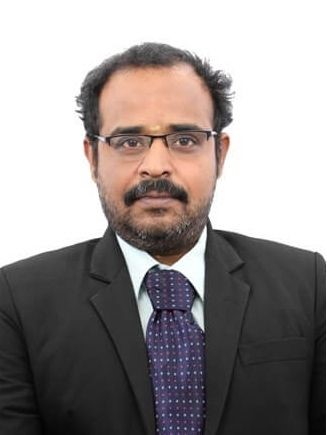
Dr. Devendranath Ramkumar
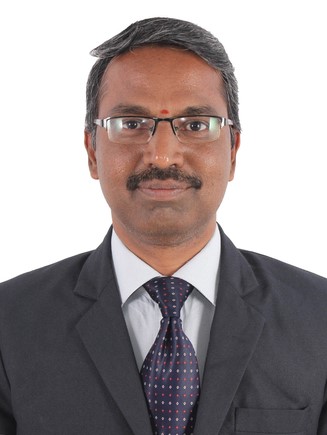
Dr. R. Vasudevan
Graphical Abstract

Project Description
- A number of industries, including energy, aerospace, automotive, and offshore constructions are considering new engineered materials.
- To make large-scale structures out of these sophisticated materials, material scientists are making numerous attempts to produce them. However, a little work has been put into mechanical testing at different temperatures, and in particular thermo-mechanical fatigue testing of these materials.
- Thermo-mechanical fatigue research can be used for process and/or computational modelling, resulting in increased production line yields, reduced time to introduce innovative engineered materials, reduced production costs, and improved product quality.
- The need for expensive full-scale performance testing can be reduced by simply passing laboratory data to manufacturing.
- Educating the next generation of scientists and engineers at VIT Vellore's School of Mechanical Engineering has been a priority for the institute for more than two decades.
- Research in manufacturing engineering is to be bolstered by the development of an advanced mechanical testing laboratory for materials with temperatures ranging from Room Temperature(°C) to 1000°C.
Products/Instruments/Results/Outreach Activities (Pictures)
- Enable the testing of materials and components at ambient and high temperatures at the level required.
- Design optimization is achieved by thorough quantification and calibration to design specifications.
- Fatigue crack propagation rates on base metals and weldments at room and increased temperatures should be studied.
- Research the impact of manufacturing processes on the structural integrity of components produced of high temperature superalloys wrought, cast and PM treated.
- Analyze the strain-life graphs to determine the maximum endurance limits of structural materials.